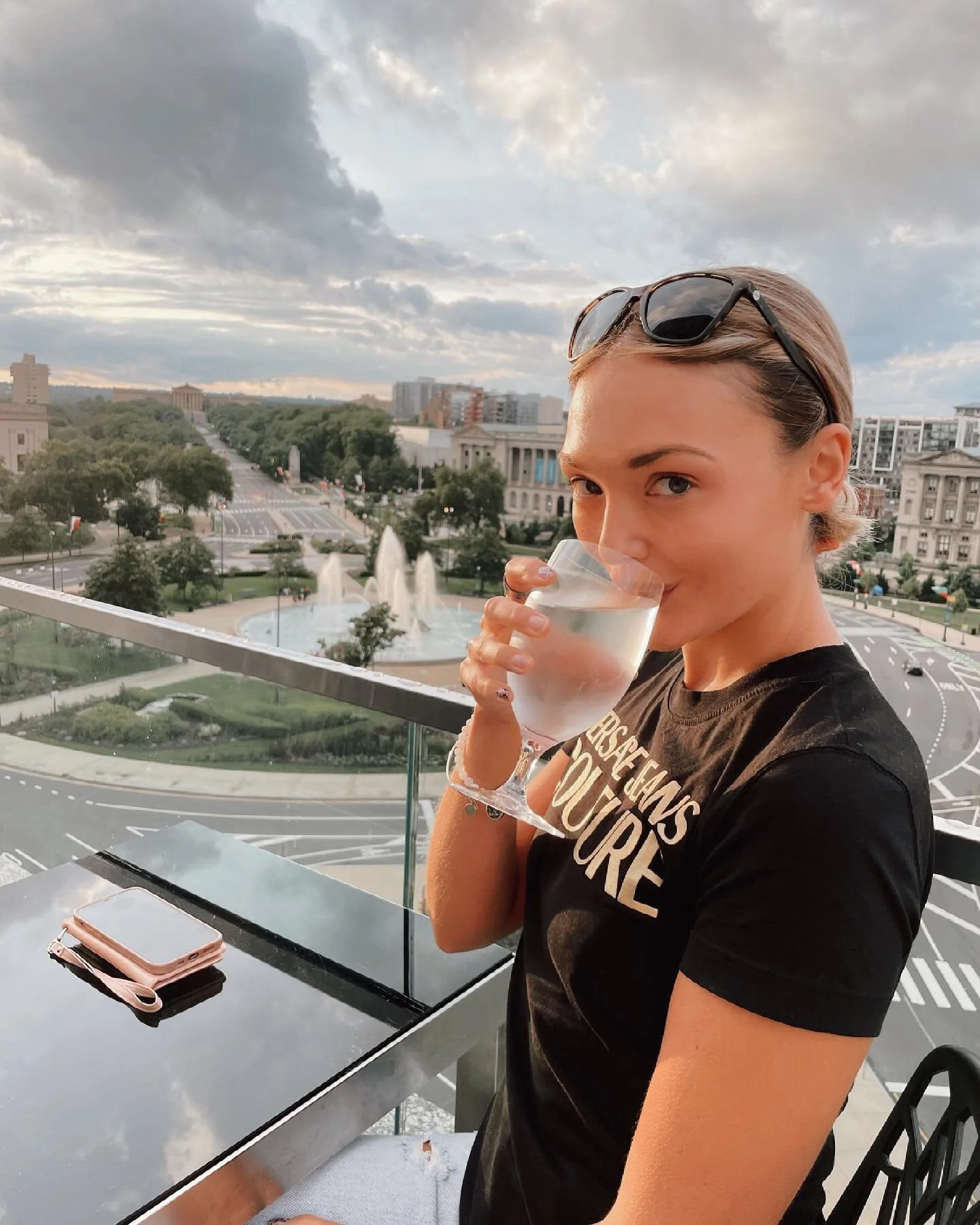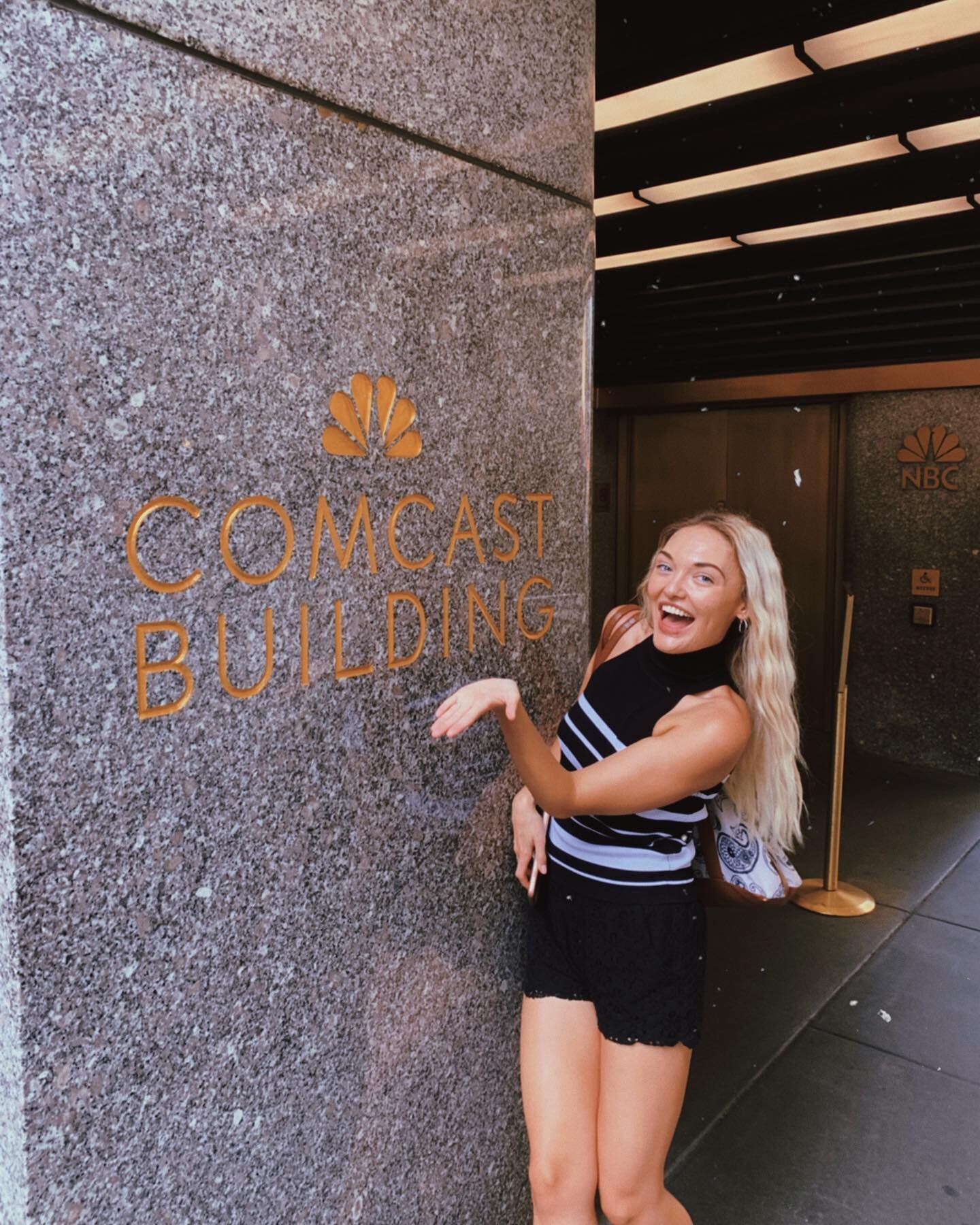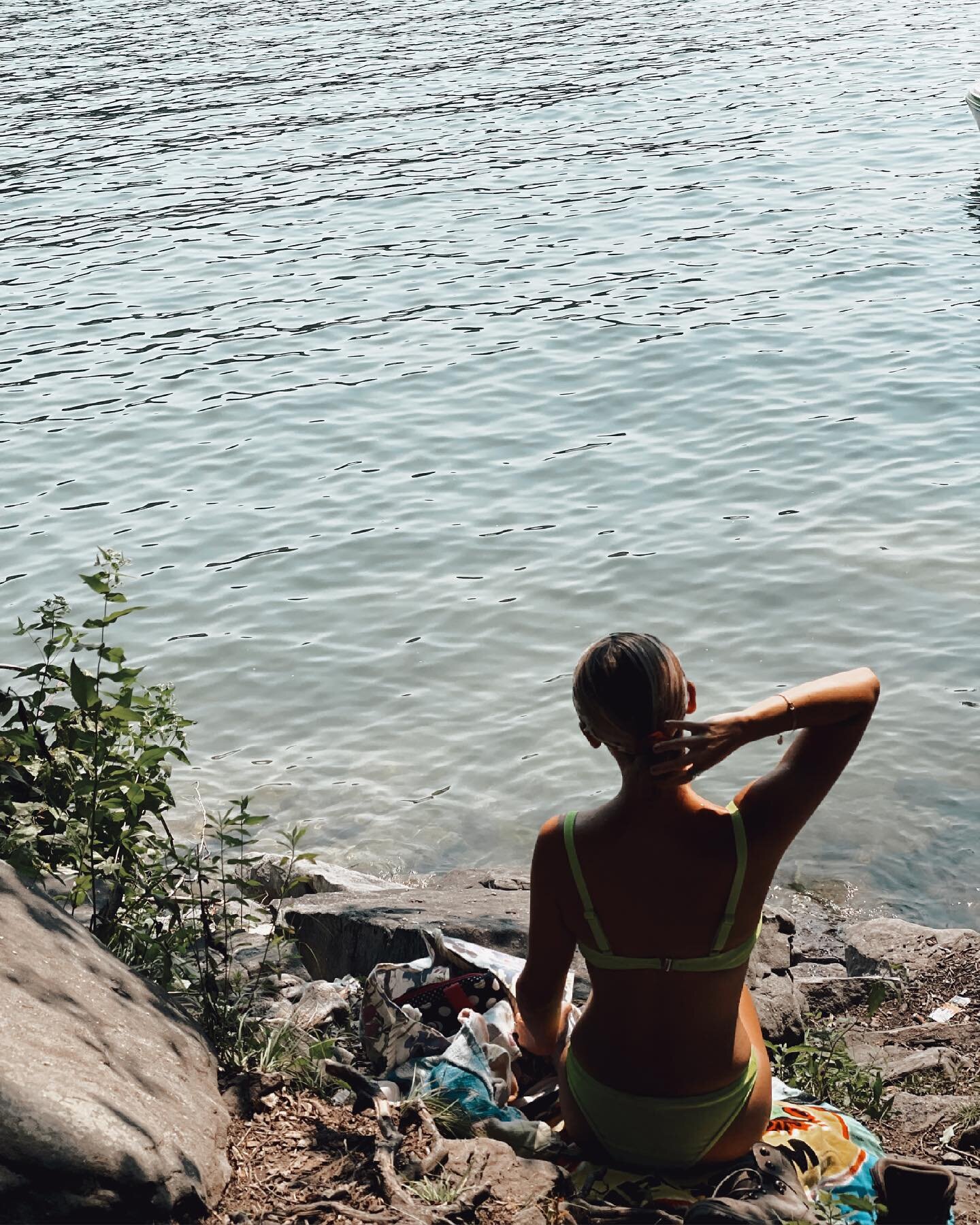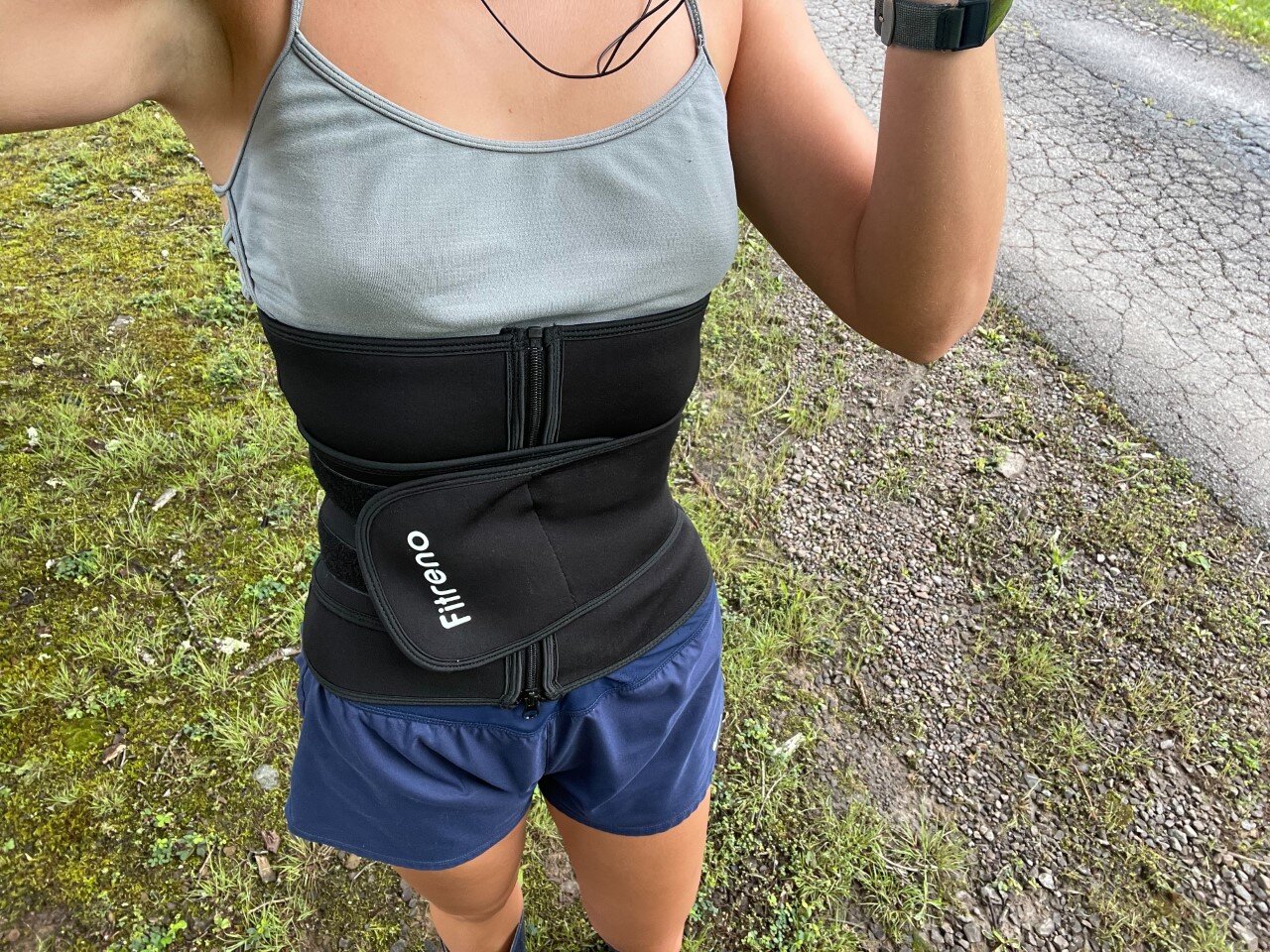Food means a lot to me. As an Appalachian woman, food is how I show love to others, and how I’ve been shown love by friends and family throughout the years. “Come here, let me fix you a plate,” was my grandmother’s way of saying, “Hi, how are you?” essentially, and eating is something I get great personal, emotional enjoyment (and of course bodily nourishment) from.
That said, when you’ve been diagnosed with chronic bloating and IBS like I have, you may battle food sensitivity and the inability to even eat certain foods at times which can negatively impact your life and relationship with food. Here are some snack-hacks and tips to beat bloating and avoid “trigger” foods that I’ve learned over the years (for people with common food sensitivities like me), and how it can help you enjoy food again (rather than fear a flare-up of stomach issues).
Food should make you feel good, and dinner dates are only enjoyable when you avoid unpleasant bloat. Avoiding high-FODMAP foods and learning what works for you is important when determining what’s best for your tummy!
Snack-hacks to stop bloating (and enjoy eating again)
It’s extremely common for high-FODMAP foods to trigger food sensitivities in people with IBS, IBD, Celiac Disease, and other GI disorders. That said, a low-FODMAP diet is what my doctor recommended to me, and it may help you, too.
Learn more about FODMAPs here, like what they are and why they may be causing GI issues.
Here’s my list of lower FODMAP snacks that help me enjoy eating my favorite foods while beating bloat and GI issues all the while:
-
Live G Free Multigrain “Crackers” — a non-gluten based “cracker”, I LOVE these delicious, crunchy crackers as a snack to use for dips.
-
Kay’s Naturals Protein Bites — a cinnamon-y delight, these cookie bites are also gluten-free and packed full of protein, which is awesome for a high-fiber nut snack substitute (and great for replacing harsher sugars high in FODMAPs)!
-
Nutpods Coffee Creamer — a Whole 30 find, Nutpods are perfect for coffee lovers like me, as they’re free of sugar and artificial sweeteners and dairy-free as well! They’re creamy and delicious in hot or iced coffee, and I even got my barista-BFF hooked on them over the summer. So. Good.
-
Veggies, berries, and nuts that aren’t high in FODMAPS — You can avoid high-FODMAP foods and still eat a host of fruits and veggies, they just have to be the right ones. Carrots are great, for example, and berries. (See link above for more info!)
These hacks (and many, many more) can help you enjoy things like fruits and veggies, crackers and dip, coffee creamer, cookies, and more without the GI issues that sometimes follow these traditionally high-FODMAP foods. Of course, everyone’s sensitivities are different, and working with your doctor to find out what diet is right for you is what’s most important.
So, do you have any bloating hacks or snack tips you’d like to share? Let’s discuss,
Xoxo, MM. `















